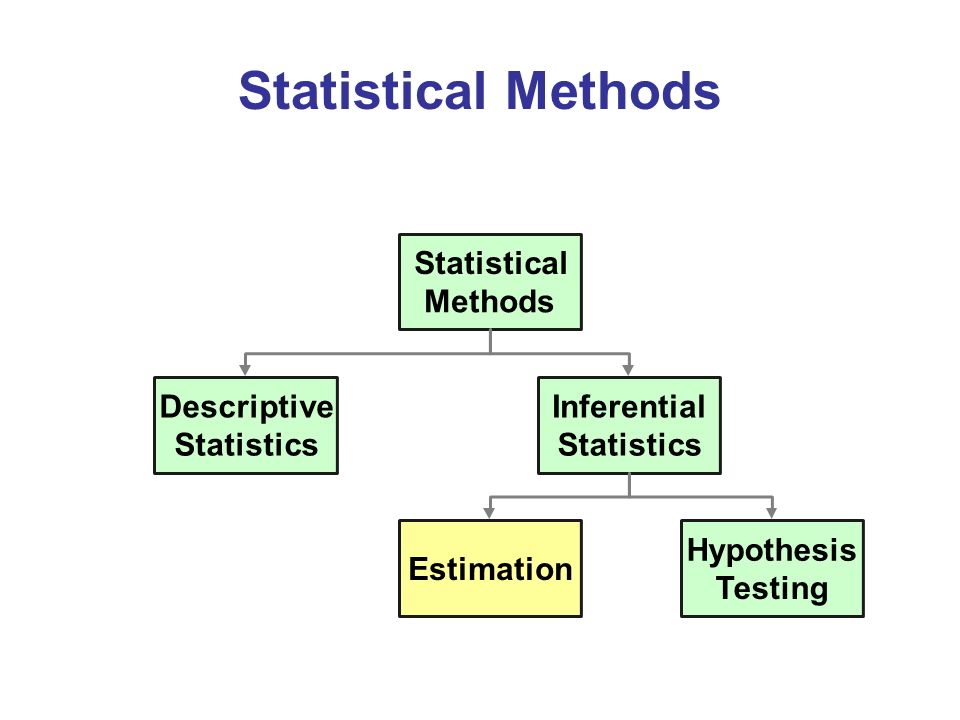Sequential sampling occurs when the entire population is not known in advance and data are obtained one at a time or in groups of units. This manuscript proposes a new algorithm to sequentially select a balanced sample. The algorithm respects equal and unequal inclusion probabilities. The method can also be used to select a spatially balanced sample if the population of interest contains spatial coordinates. A simulation study is proposed on a dataset of Swiss municipalities. The results show that the proposed method outperforms other methods.
翻译:当整个人口事先不为人知,而且数据是一次或一组单位获得时或以一组单位获得时,即进行序列抽样。本手稿建议采用新的算法,按顺序选择一个平衡的抽样。算法尊重平等和不平等的包容概率。如果感兴趣的人口包含空间坐标,也可以使用这种方法选择一个空间平衡的抽样。提议对瑞士各城市的数据集进行模拟研究。结果显示,拟议的方法优于其他方法。
相关内容
专知会员服务
44+阅读 · 2020年3月26日




